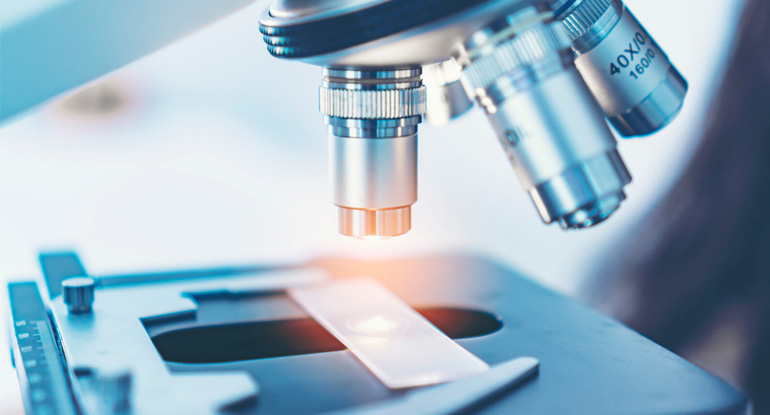
In kidney care, pathology services play a critical role in diagnosing and monitoring kidney diseases. Pathology helps by analyzing blood, urine, and tissue samples to understand the condition and function of the kidneys, aiding in early detection, accurate diagnosis, and effective management of kidney-related disorders. Here's a breakdown of the key pathology services:
In cases where kidney disease is suspected, a renal biopsy (small tissue sample) may be taken and examined under a microscope. This helps identify the specific type of kidney disease and guides the treatment approach.
Serum Creatinine: Measures the level of creatinine, a waste product, to assess kidney function.
Blood Urea Nitrogen (BUN): Indicates how well the kidneys are filtering waste.
eGFR (Estimated Glomerular Filtration Rate): Provides an estimate of kidney function.
Electrolytes (Sodium, Potassium, etc.): Helps detect imbalances that often occur in kidney diseases.
Albumin Levels: Indicates protein levels, as kidney disease often leads to protein loss.
Urinalysis: Checks for blood, protein, and other substances in the urine.
Urine Protein-to-Creatinine Ratio (UPCR): Measures protein levels to detect kidney disease.
24-Hour Urine Collection: Monitors kidney function and protein loss.
Tests for autoimmune diseases like lupus that can impact the kidneys.
Anti-Neutrophil Cytoplasmic Antibodies (ANCA) Testing: Diagnoses autoimmune disorders affecting the kidneys.
Complement Levels: Assesses immune-related kidney issues.
Identifies genetic mutations related to inherited kidney conditions, essential for early diagnosis and tailored treatment plans.